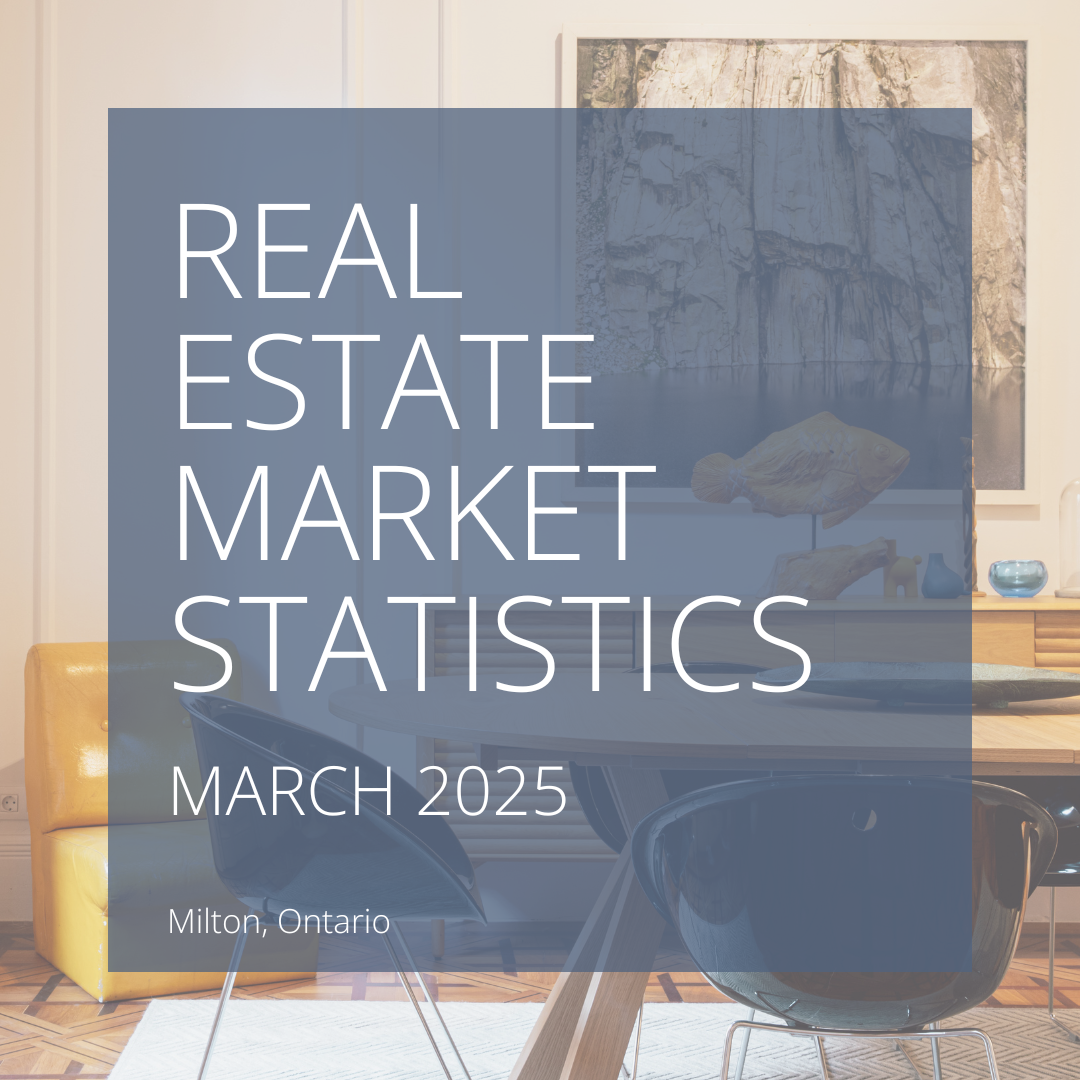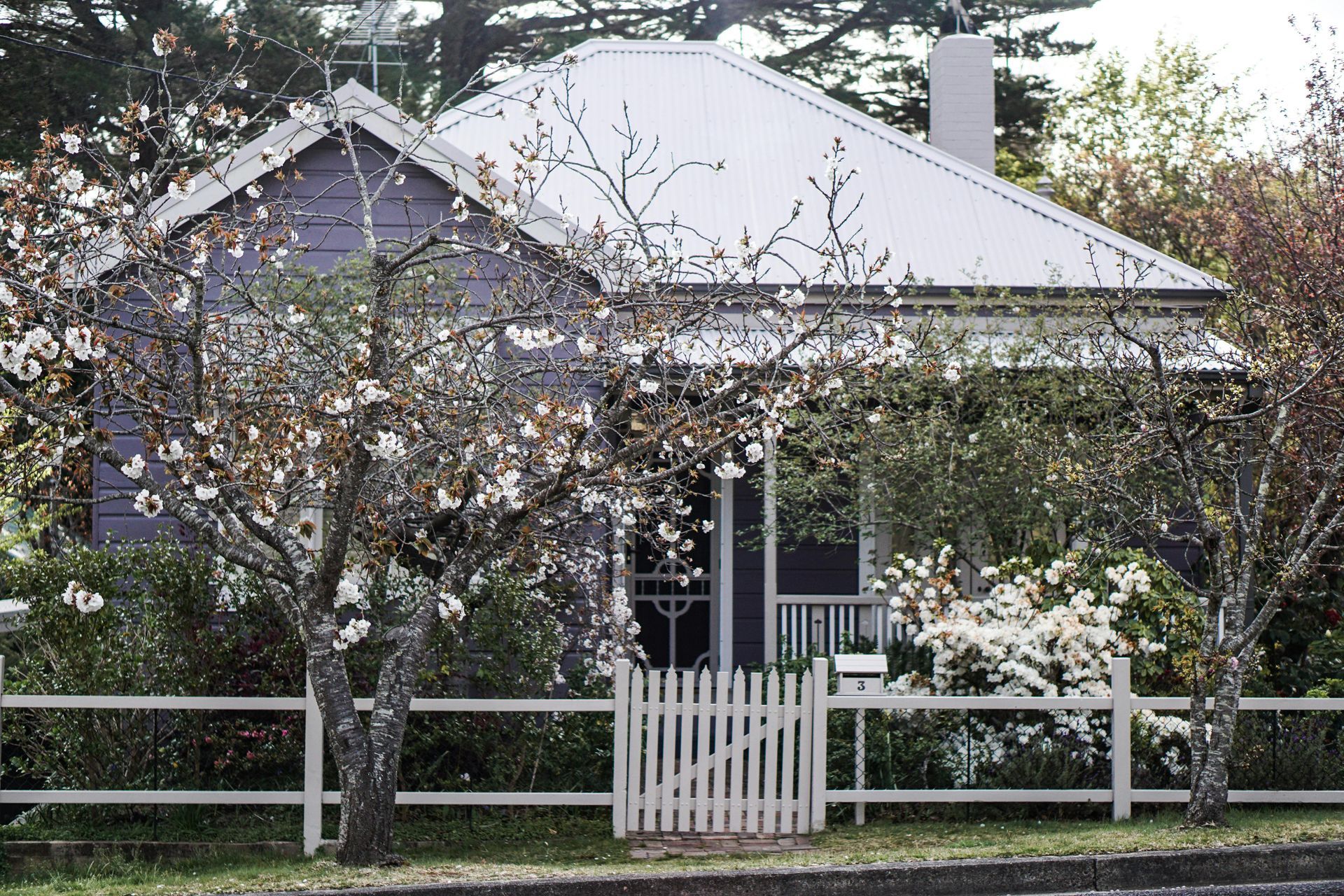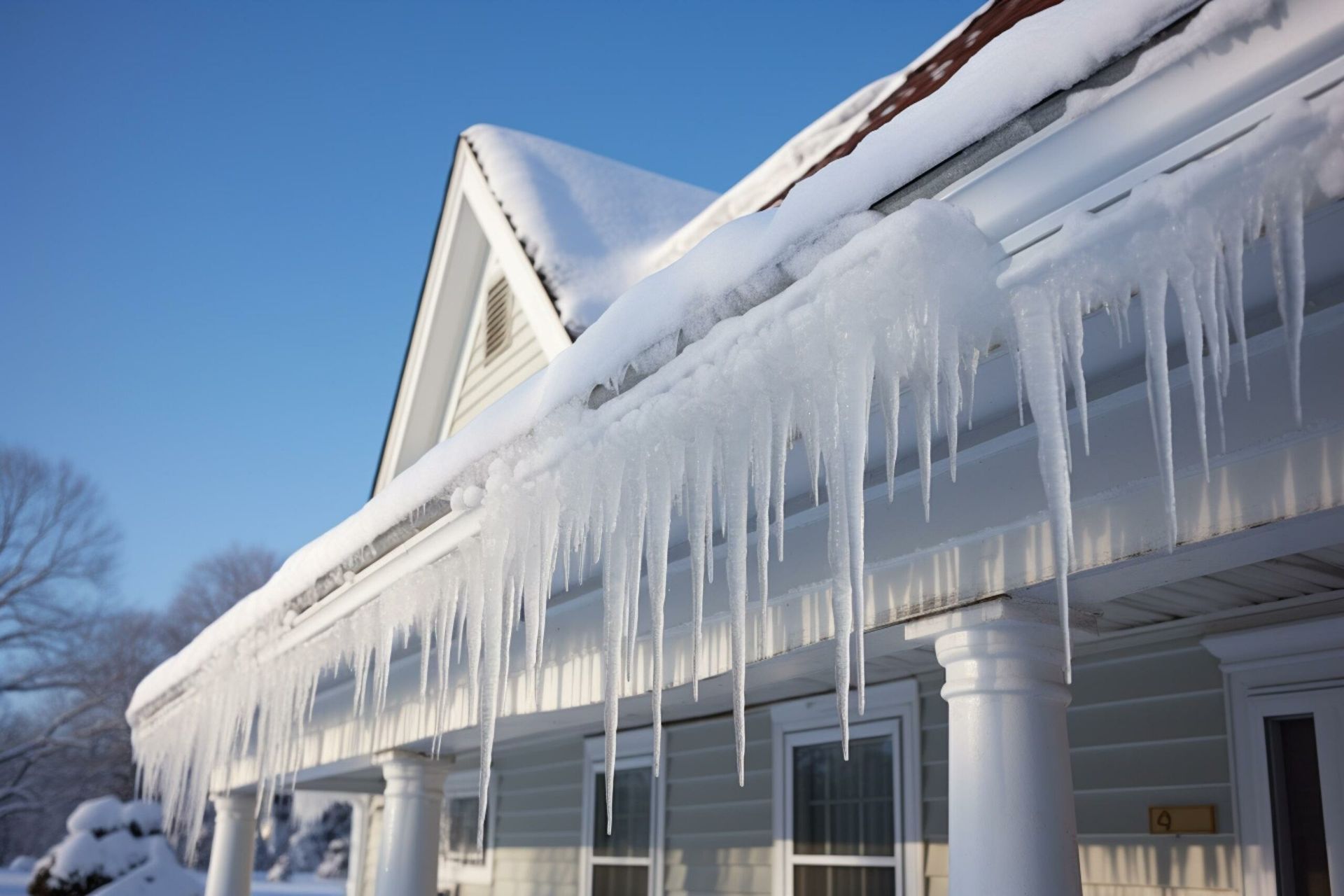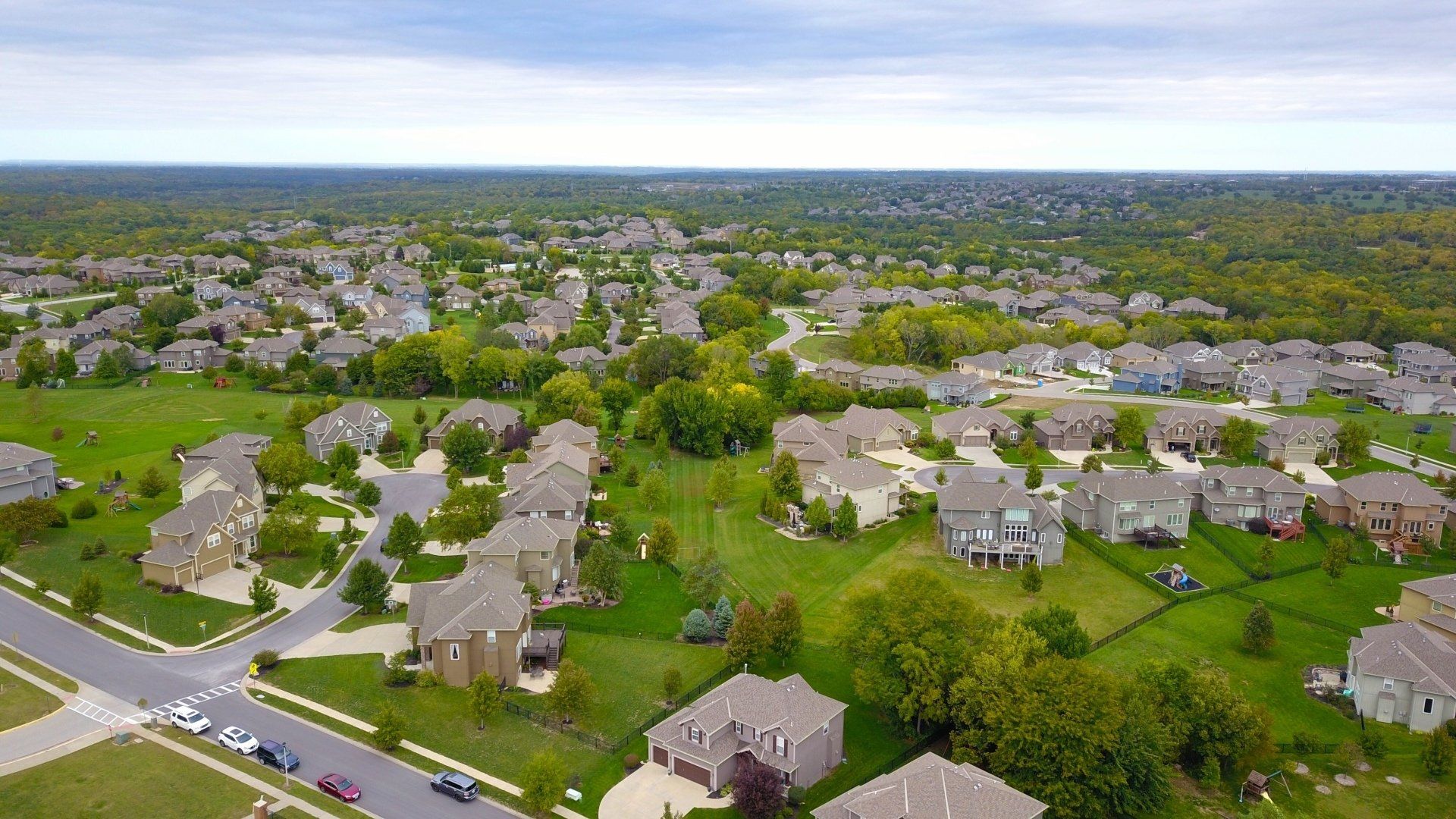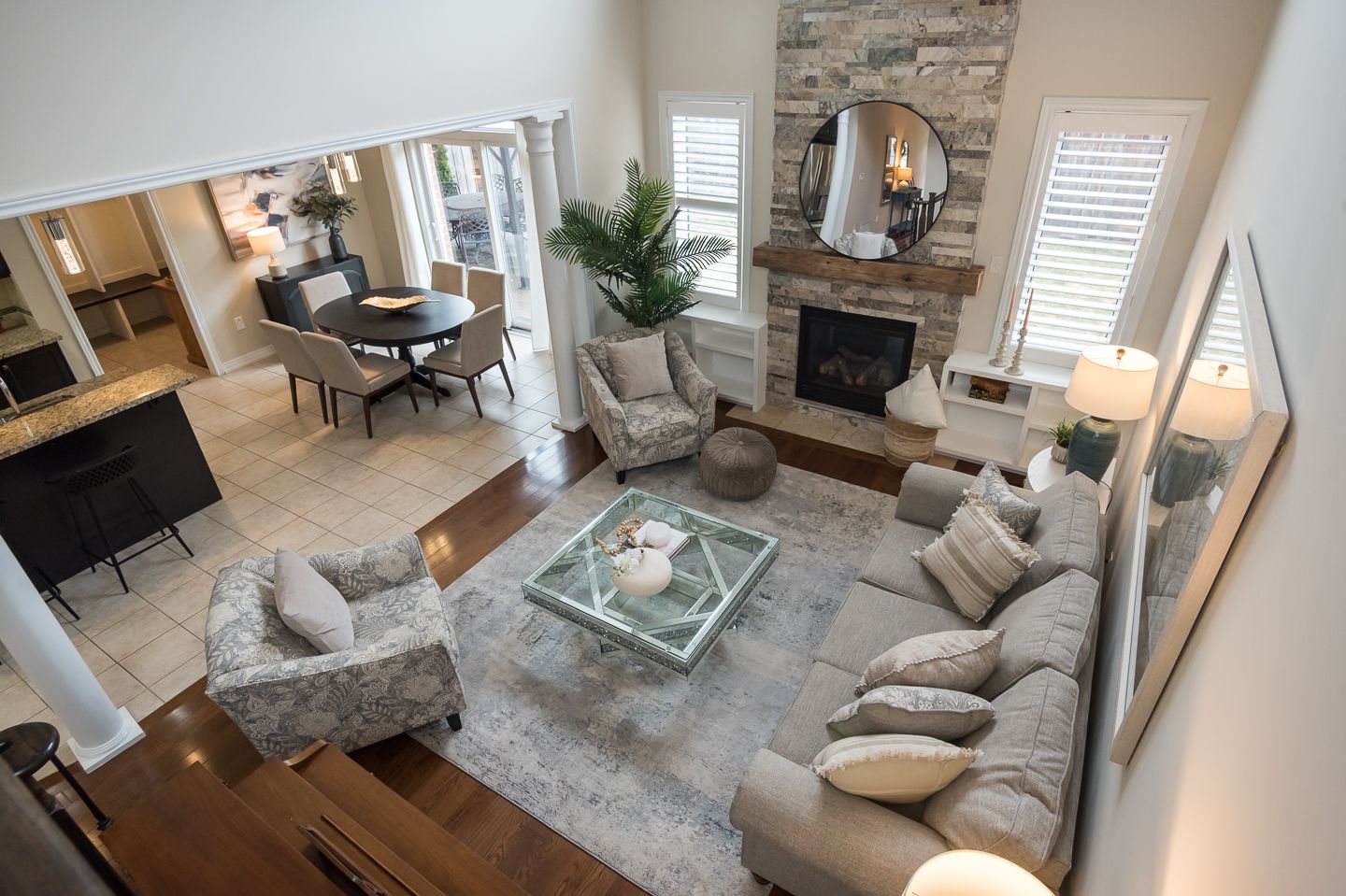How Milton's Property Taxes Compare with Those of Other Major Cities in the GTA
Milton enjoys a vibrant real estate market thanks to its close proximity to Toronto, the GTA, major highways, and other popular amenities.
Not surprisingly, most homeowners often look at factors like mortgage costs, utilities, and down payments when searching for new properties. And yet, one often overlooked area is the impact of annual residential property taxes.
So, how does Milton’s recently updated property taxes stack up against other major cities in the GTA?
Find out how property tax works in Milton and what impacts it has on the Milton real estate market.
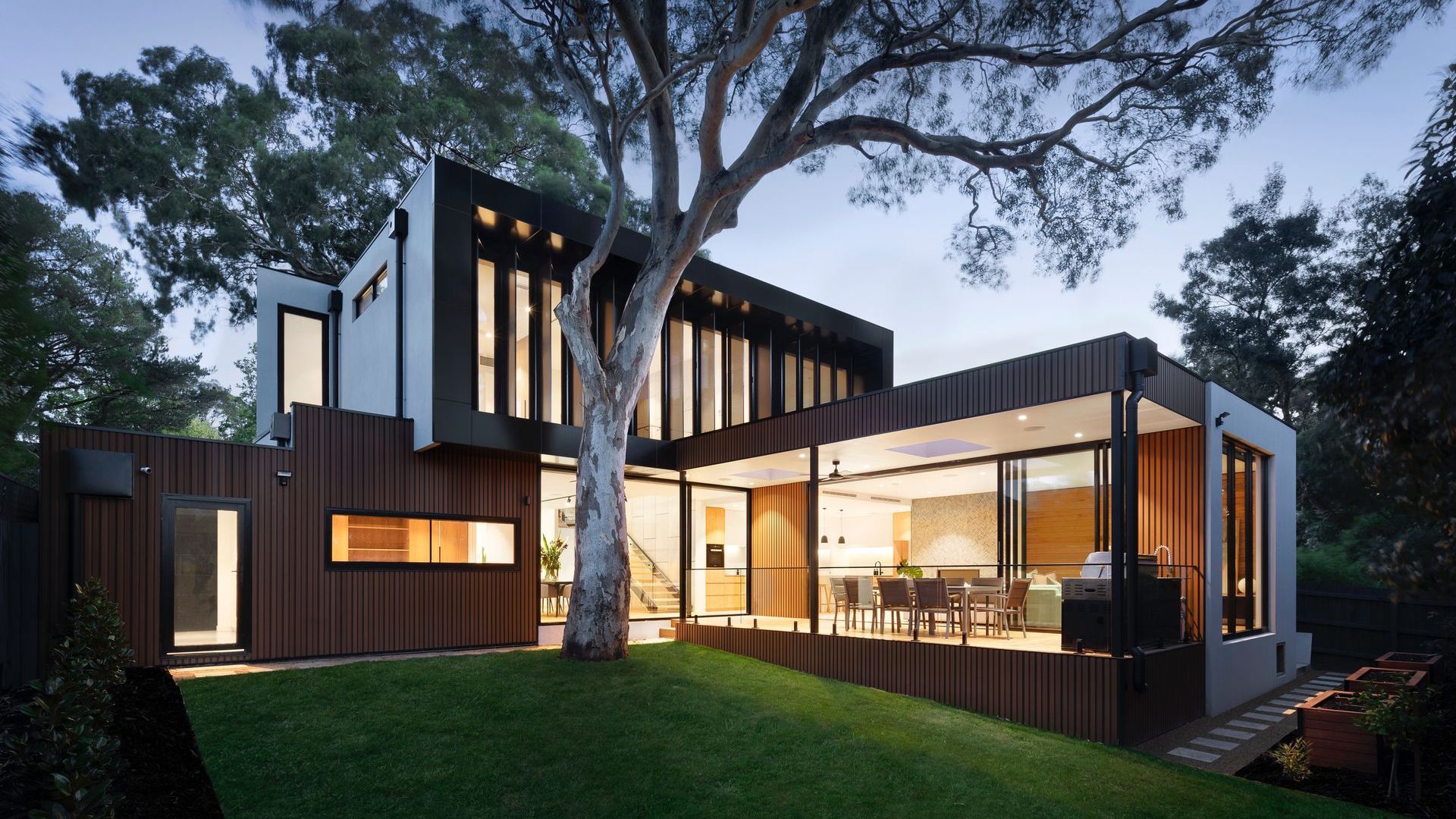
How Does Property Tax Work in Ontario in General?
Each city council must decide on a property tax that fits within the budget that year while still providing its residents with affordable options in the housing market.
Municipal property tax rates vary depending on the city. Multiple factors impact how much homeowners pay regularly, such as:
- The population density
- The need to fund public infrastructure
- City services like parks, recreation programs, transportation, and police resources
- The ratio of businesses to residents
- Other political reasons
Commercial property tax rates are typically higher than residential tax rates. So having more businesses in an area often lowers the residential tax rate.
As a result of these factors, property tax can vary wildly even within the same province. For example, Toronto’s large population and high housing costs also gives it one of the lowest property taxes in Ontario.
Where Do Taxes Come From?
The property tax you pay aligns with the value of your property. The tax comes from three main sources:
- The assessed value of your home. Taxpayers pay according to the home’s specific features, type of property, and the prices of the surrounding properties in the neighborhood.
- Education Tax Rate. Some tax money is required for funding local schools.
- Residential Tax Rate. The city council must take a portion of tax proceeds for its budget that year.
It’s worth noting that property taxes are only one aspect of homeownership. It’s only one of the costs to consider as an aspiring homeowner, and your choice of property ultimately depends on your budget and lifestyle needs.
What’s the Milton Real Estate Market Like Regarding Property Taxes?
The Milton property tax rate, compared to other cities in the province, is actually among the lowest rates. The 2022 tax rate in Milton was 0.70%, one of the cheapest property taxes in Ontario alongside Toronto, Markham, Richmond Hill, and Vaughan.
On the opposite end of the spectrum are Thunder Bay, North Bay, Sudbury, and Sault Ste. Marie. These areas have the highest property taxes in Ontario, generally ranging between 1.54% and 1.85%.
For the sake of completeness, the “middle of the road” property tax rate is between 1.10% and 1.25%. Cities like Ajax, Waterloo, Ottawa, Whitby, Hamilton, and Guelph share these rates.
How Does Property Tax Impact the Milton Real Estate Market?
Milton’s City Council considers housing affordability alongside new services it provides to the town when deciding on annual budgets. In 2023, it decided to raise Milton’s portion of the overall property tax by 7.99%, increasing the general property tax rate by 4.42%. So, your 2023 tax increase would be:
- $31.09 if your property is worth $100,000
- $62.18 if it’s worth $200,000
- $93.27 if it’s worth $300,000
While an increase in property tax raises the cost of a property, keep in mind that those taxes go back to the community in some way, which may also make an area more attractive to homebuyers. Milton specifies fire protection services, road and transit infrastructure, recreational parks and facilities, and economic development as part of its tax-funded services.
What It All Means for Potential Homebuyers
The Milton, Ontario real estate market remains an attractive option for potential homeowners and real estate investors.
The city’s 2023 budget has announced a modest increase in property tax that scales with the value of the property. In exchange, it will continue to provide essential public services.
Even with this increase, Milton still enjoys one of the lowest property tax rates in the province. The town still ranks in the top 5 for lowest property taxes overall and is comparable to Toronto and the GTA in this regard.
Just remember that property tax is only one financial consideration. Homeownership comes down to personal preference, circumstances, budget, and lifestyle needs.
Flowers Team News
